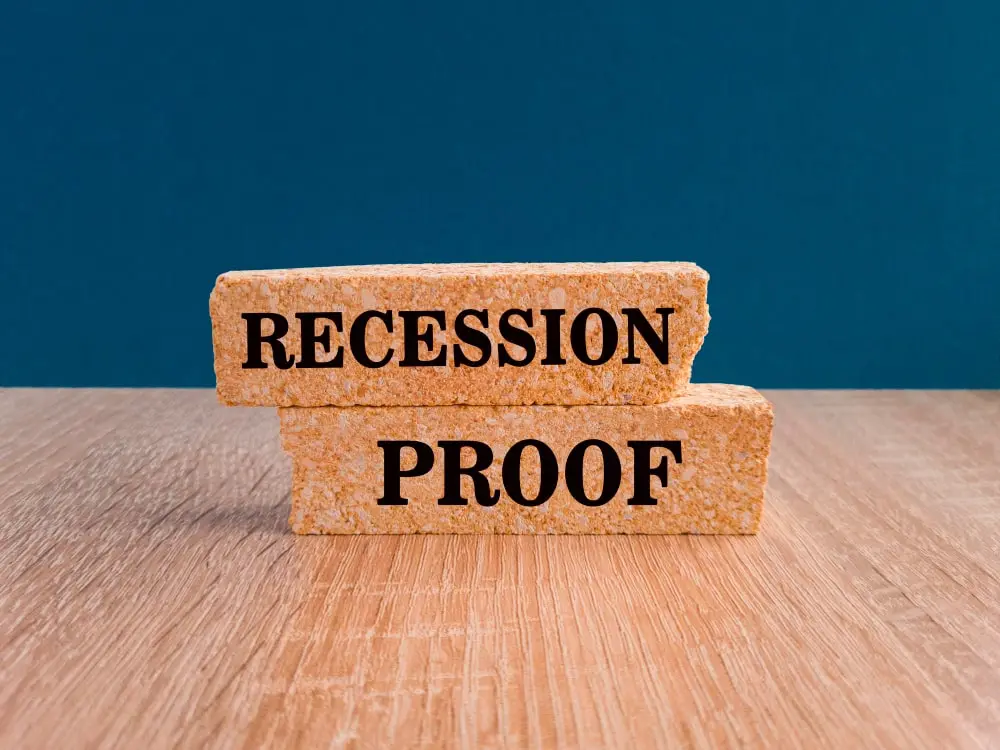Table of Contents
ToggleHigh net-worth individuals searching for diversification and security of their assets can find real estate debt funds, which is an enticing opportunity to tap into this. These investment alternatives provide the opportunity for an attractive return that nevertheless remains stable and doesn’t expose the owner to the risks that usually go with direct real estate ownership.
The upside is that it’s an opportunity for those who understand it and are willing to go the extra mile to find one for themselves, but understanding and navigating the complexities of real estate debt funds can be exciting. In this blog, we’ll make the process simpler by clarifying every step, and we will focus on the safety and benefits of passive investments in debt funds tailored for individuals with a high net worth.
Safety and Benefits of Passive Investments
Diversification: A major benefit of real estate debt funds that are of interest to the high net worth individuals is the occasion to add alternative asset classes to diversify their investment portfolios beyond non-traditional investments. Investors can shift from single property risk to general real estate market risk by spreading their capital across a box of real estate projects, thereby adding financial diversification.
Predictable Returns: Through real estate debt funds, high-income individuals can earn constant, more stable inflows. The debt instrument is different from equity investments, which are short of market volatility; the fixed interest income can be received as an alternative to the investors’ income stream. Consistency can bring a certain satisfaction to customers who would like to spruce up another income source or save for a future cost.
Passive Participation: A real estate debt fund is one of the ways investors diversify their portfolio and make investments without the hassles of direct ownership and daily operational responsibilities. Real estate fund managers, among other things, undertake property acquisition, financing, and asset management and, therefore, bridge the gap between real estate investors and the despicable activities of property maintenance and tenant relationships. The advantage of this passive investment method is that it can give them an additional level of empowerment to do many other things in their lives and businesses.
Risk Mitigation: Although every investment assumes a risk level, different real estate debt funds are incorporated for risk reduction. Fund managers often carry out a detailed scrutiny of prospective investments, taking into consideration a range of factors, including borrowers’ creditworthiness, asset value, and LTV. Also, treasury bills and government bonds, which are debt instruments, provide a cushion since investors have an upper hand position among the capital stack, hence ensuring safety when a mortgage goes into default or foreclosure.
Demystifying the Investment Process
Conducting Due Diligence: In case you are planning to invest in a real estate debt fund, high net-worth individuals should be conducting sufficient due diligence analysis to decide on the fund’s investment strategy, its performance, risk management assessment, and so on. Asset quality revision, manager competency and experience rating, and fee and liquidity terms scrutiny are also included in the list of evaluations. Ensuring that the investors carry out comprehensive due diligence helps them reach satiated conclusions for investment according to their investment aims and risk capacity.
Aligning with Financial Goals: When real estate debt funds are being contemplated, the high net worth individuals should analyze themselves and how the debt funds can help align the overall financial goals and the investment objectives. The evaluation process has to consist of the investment horizon, income required, and liquidity needs. Investors can do this by matching investments with the financial targets they aim for; this way, they arrive at an investment strategy that is diversified and well-designed to support their wealth accumulation plans in the long run, as well as reducing the related risk.
Seeking Professional Guidance: As real estate debt funds are dedicated to high-risk and complicated assets, they are extremely difficult to negotiate. This is more challenging for ordinary people who do not have specialized financial expertise in real estate. Those with higher net worth, in addition to seeking the opinion of these experienced financial advisors, should also ensure that the advisor provides a personalized perspective that is suitable to the unusual investment objectives of an individual as well as the financial risk that the individual may take. And if you require a professional advisor who is wise and knowledgeable and can take investors through the investment process, assess appropriateness for various opportunities, and optimize as part of portfolio balancing for maximum returns and risk management, you can always rely on Amish Munshi experts!
Conclusion
High-Net-Worth Individuals who choose real estate debt funds are presented with a unique and captivating chance to diversify their portfolio of investments and generate passive income while minimizing the risks that accompany the operation and ownership of physical property.
When investors start to comprehend the risks and rewards of passive investments in debt funds, along with eliminating the mystery surrounding the procedure, these clear options will present themselves to the investors with certainty. By careful and objective due diligence, putting financial targets upfront, and having professional advice, wealthy investors will be able to benefit in terms of increasing their net worth in a diverse global financial world of real estate debt funds. Invest with Munshi Capital right now.





